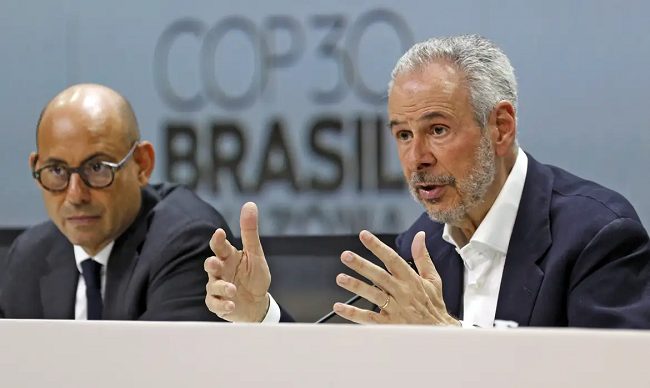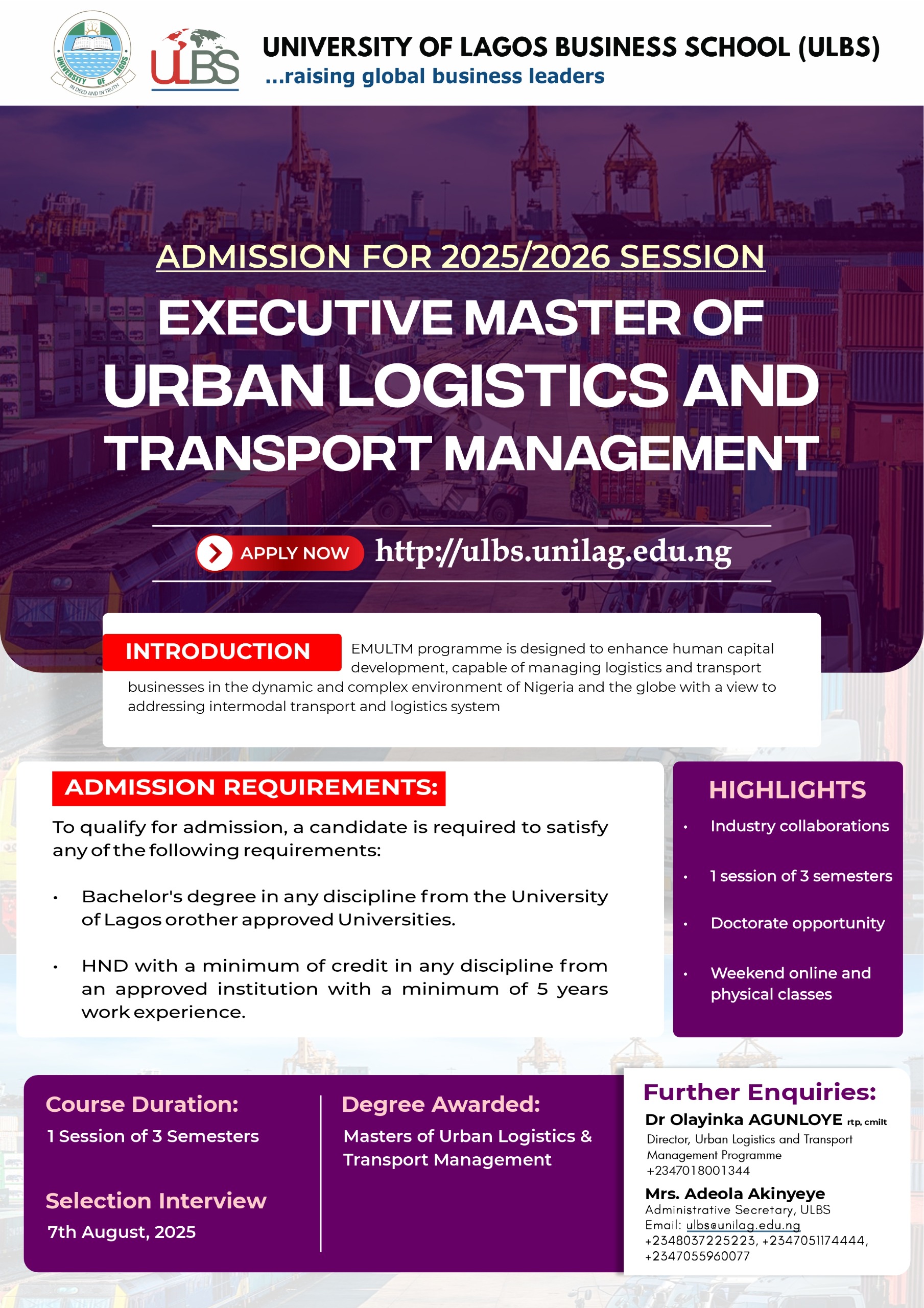Olusegun Ariyo
Contents
Presidency in Brazil, on Tuesday, November 18, 2025, released a new set of draft texts on key issues, including adaptation finance, the just energy transition and an overall COP30 decision mechanism.But, according to observers, the text still falls far short of what is needed to respond to the huge gaps in climate ambition and finance. They contended that a theoretical roadmap appears in the text, but it explicitly excludes fossil fuels, leaving the response to the decarbonisation gap hollow and disconnected from the root causes of the climate crisis.“The draft text may contain the right ingredients, but it’s been assembled in a way that leaves a bitter aftertaste. A roadmap for delivering on 1.5°C without a credible fossil fuel phase-out at its core is hollow. The COP30 Presidency must heed the many Parties, including President Lula, calling for a clear transition pathway and put it where it belongs: at the centre of the 1.5°C response, balanced with adequate finance. Without this, the overall effort will fall short,” said Andreas Sieber, Associate Director of Policy and Campaigns, 350.org.Stakeholders say that a credible COP30 outcome depends on a balanced package that delivers climate finance, strengthened adaptation measures and a clear road map for phasing out fossil fuels. Without all three pillars in place, a durable and effective agreement will not be possible, they insist.Fanny Petitbon, France Team Lead, 350.org, said: “This is not yet the climate justice package the world needs, but there are the building blocks. Crucially, the call to triple adaptation finance must stay; adaptation has long been forgotten in climate finance. There is no credible ambition without supporting communities already facing devastating impacts of the climate emergency.“The Presidency has begun to respond to strong demands for developed countries to pay their climate debt, which is key for rebuilding trust in all negotiating rooms. But the text still lacks a plan to fully deliver on the collective climate finance goal agreed upon in Baku- ignoring innovative sources of finance like taxing major polluters and the super-rich and failing to guarantee direct access for the most vulnerable, including Indigenous Peoples.”The COP30 Presidency is sidelining a clear political demand: over 60 Parties and Brazil’s President Lula himself have called for a roadmap to transition away from fossil fuels.Fossil fuels and forests are the core levers for limiting global heating to 1.5°C and minimising the scale and duration of overshoot. Any response that omits them is structurally inadequate.A roadmap option is available in paragraph 44, but it explicitly excludes fossil fuels, leaving the 1.5°C response incomplete.The only reference to fossil fuel transition is exceptionally weak, a mandated ministerial and a report that offers symbolism, not action.For the decision to carry credibility, the Presidency must embed a fossil fuel transition roadmap directly into the 1.5°C response, not relegate it to the margins.The roadmap must be placed in the section addressing the 1.5°C ambition gap, where it is currently absent.Progress on adaptation and finance is essential to unlock climate ambition, including operationalising the New Collective Quantified Goal (NCQG) via a significant provision of grants-based public finance, scaling means of implementation, and securing real accountability. Yesterday’s pledges to the Adaptation Fund once again fell short, with only $133 million secured out of the $300 million target.A viable COP30 package requires finance, adaptation, and a roadmap for a fossil-fuel transition. Without all three, the deal cannot hold.
Presidency in Brazil, on Tuesday, November 18, 2025, released a new set of draft texts on key issues, including adaptation finance, the just energy transition and an overall COP30 decision mechanism.
But, according to observers, the text still falls far short of what is needed to respond to the huge gaps in climate ambition and finance. They contended that a theoretical roadmap appears in the text, but it explicitly excludes fossil fuels, leaving the response to the decarbonisation gap hollow and disconnected from the root causes of the climate crisis.
“The draft text may contain the right ingredients, but it’s been assembled in a way that leaves a bitter aftertaste. A roadmap for delivering on 1.5°C without a credible fossil fuel phase-out at its core is hollow. The COP30 Presidency must heed the many Parties, including President Lula, calling for a clear transition pathway and put it where it belongs: at the centre of the 1.5°C response, balanced with adequate finance. Without this, the overall effort will fall short,” said Andreas Sieber, Associate Director of Policy and Campaigns, 350.org.
Stakeholders say that a credible COP30 outcome depends on a balanced package that delivers climate finance, strengthened adaptation measures and a clear road map for phasing out fossil fuels. Without all three pillars in place, a durable and effective agreement will not be possible, they insist.
Fanny Petitbon, France Team Lead, 350.org, said: “This is not yet the climate justice package the world needs, but there are the building blocks. Crucially, the call to triple adaptation finance must stay; adaptation has long been forgotten in climate finance. There is no credible ambition without supporting communities already facing devastating impacts of the climate emergency.
“The Presidency has begun to respond to strong demands for developed countries to pay their climate debt, which is key for rebuilding trust in all negotiating rooms. But the text still lacks a plan to fully deliver on the collective climate finance goal agreed upon in Baku- ignoring innovative sources of finance like taxing major polluters and the super-rich and failing to guarantee direct access for the most vulnerable, including Indigenous Peoples.”
The COP30 Presidency is sidelining a clear political demand: over 60 Parties and Brazil’s President Lula himself have called for a roadmap to transition away from fossil fuels.
Fossil fuels and forests are the core levers for limiting global heating to 1.5°C and minimising the scale and duration of overshoot. Any response that omits them is structurally inadequate.
A roadmap option is available in paragraph 44, but it explicitly excludes fossil fuels, leaving the 1.5°C response incomplete.
The only reference to fossil fuel transition is exceptionally weak, a mandated ministerial and a report that offers symbolism, not action.
For the decision to carry credibility, the Presidency must embed a fossil fuel transition roadmap directly into the 1.5°C response, not relegate it to the margins.
The roadmap must be placed in the section addressing the 1.5°C ambition gap, where it is currently absent.
Progress on adaptation and finance is essential to unlock climate ambition, including operationalising the New Collective Quantified Goal (NCQG) via a significant provision of grants-based public finance, scaling means of implementation, and securing real accountability. Yesterday’s pledges to the Adaptation Fund once again fell short, with only $133 million secured out of the $300 million target.
A viable COP30 package requires finance, adaptation, and a roadmap for a fossil-fuel transition. Without all three, the deal cannot hold.
Parties must now work to ensure the text’s focus on the core problem areas remains sharp, while securing a robust, multi-COP process to develop just and equitable pathways for transitioning away from fossil fuels and halting and reversing deforestation.








